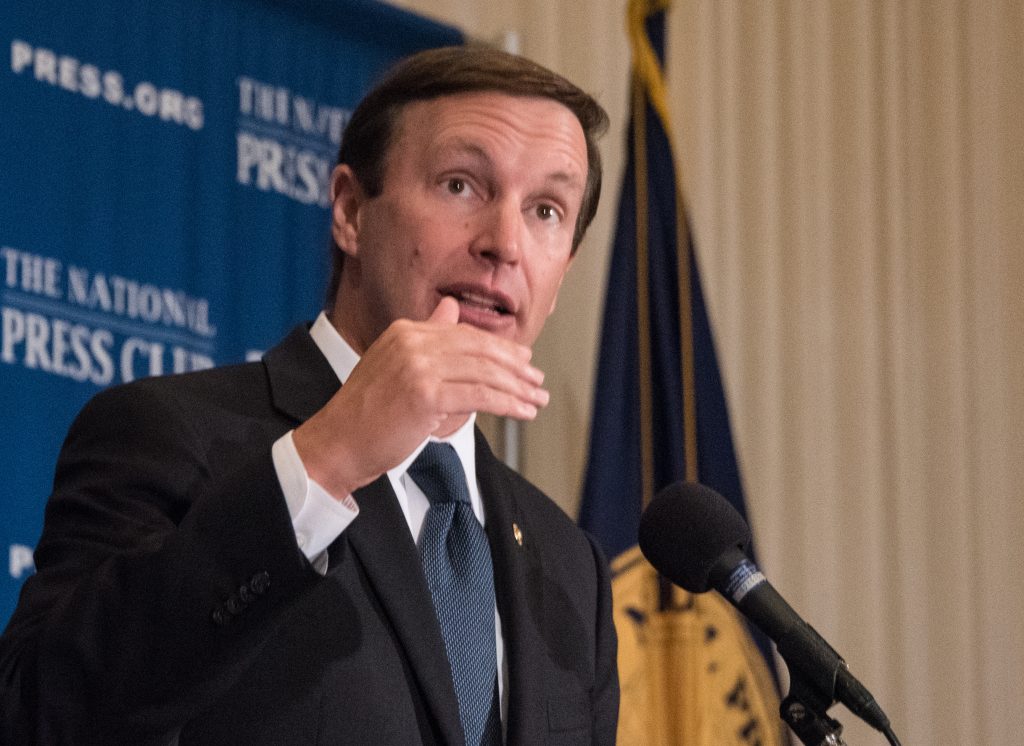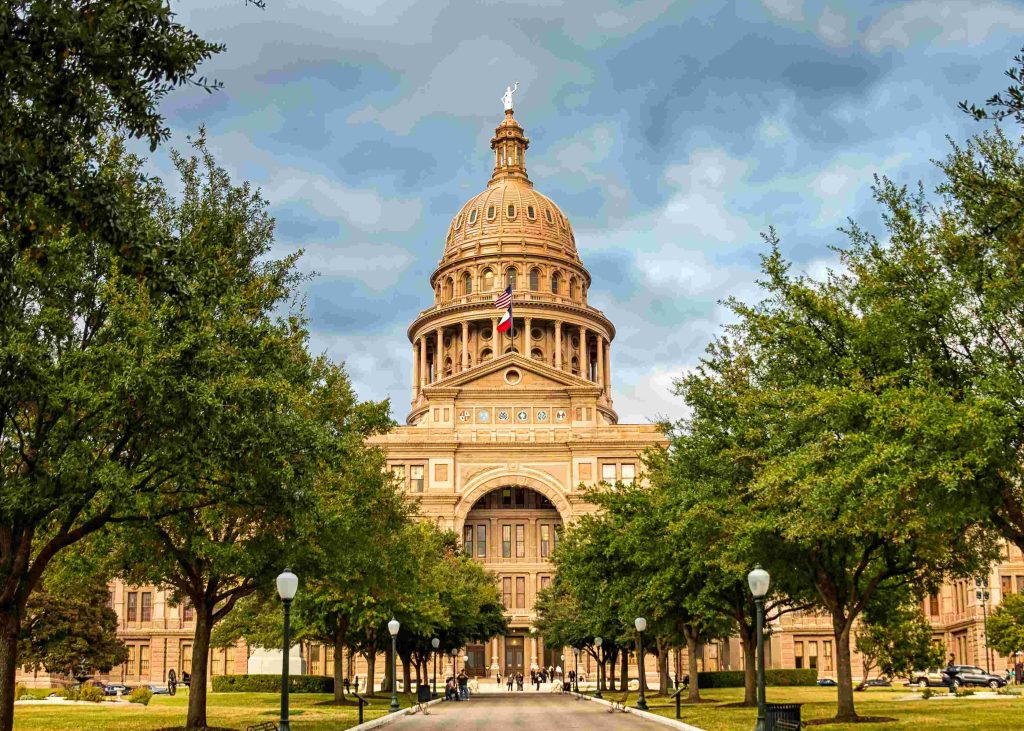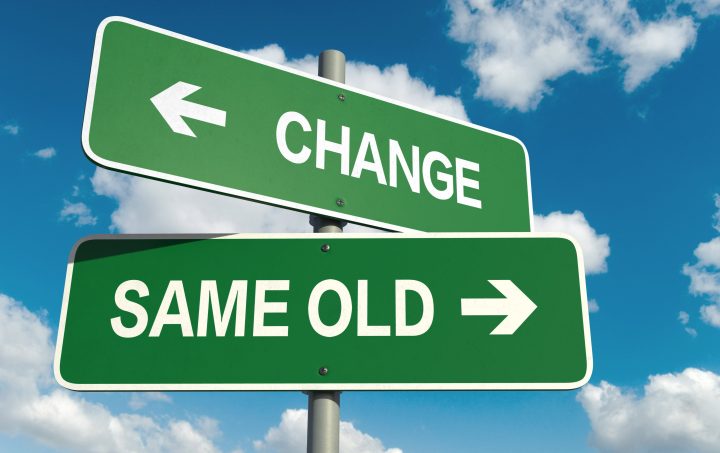A recent op-ed in the Daily Beast by Senator Chris Murphy (D-Conn.) and Ian Marcus Corbin, a philosopher at Harvard Medical School and a Senior Fellow at the think tank Capita, declared, “The left needs a spiritual renaissance. So does America.”
The writers point to the failures of neoliberalism – rampant consumerism, economic inequality, loss of community – as the root cause of many Americans’ feelings of emptiness. The left, they say, must build a vision grounded in spirituality that speaks to broad coalitions of Americans who have been left behind for too long.

“Those of us on the left can choose to take comfort in a sense of relative innocence, as the demagoguery and divisiveness on the right rise to a fever pitch. But scratch the surface and you will find that nearly everyone, of whatever party, feels an emptiness—a soullessness—to our shared political life.”
What makes a society good.
Murphy and Corbin argue that spirituality can be the answer to Americans’ desire for our politics to be organized around the question of what actually makes a society good. “Most versions of spirituality, of whatever tradition, tell us that what really matters is goodness, compassion, harmony with nature, self-discipline, mindfulness, holiness, the virtues, etc.—rather than just money and power. Importantly, these spiritual values are not zero-sum objects of competition. They are common goods—the compassion of my neighbor will tend to make me more compassionate, too. A spiritual vision can show us that we are not enemies, but indispensable coworkers in this life.”
They note that revered progressive leaders such as Rev. Martin Luther King, Jr., Mahatma Gandhi, Cesar Chavez, and Robert F. Kennedy “all embraced a mode of politics that was deeply rooted in explicit spirituality: the pursuit of something more than individual material reward.”
An earthquake in Texas
Meanwhile, the political landscape of Texas was shaken last month by the overwhelming House vote to impeach Ken Paxton the Republican attorney general. In an extraordinary 123 to 23 majority, 60 Republicans joined 61 Democrats in convicting Paxton who faced 20 articles of impeachment, including disregard of official duty, misapplication of public resources, constitutional bribery, obstruction of justice, false statements in official records and conspiracy (two senators were absent and one abstained). For years Paxton, one of the most vehement culture warriors, has managed to escape facing justice, relying on his strong support among conservative voters. He was compelled to immediately step down from office, the first holder of statewide office to be impeached in more than a century, and will stand trial before the State Senate where he has many allies.
The House debate saw Republicans presenting the arguments for impeachment and other Republicans challenging them. The New York Times commented that the “proceedings revealed, in stark terms, the divisions that have split Republicans in recent years and that were likely to define the conflict inside the party for some time to come: on one side, those who saw Mr. Paxton as the victim of an unfair process that would help Democrats, and others who felt that a sense of duty and integrity compelled them to act against corruption, even to the detriment of a party leader.”

A harbinger of wider change?
Also last month, after the former president Trump was ordered to pay $5 million in damages to E. Jean Carroll, who accused him of raping her in the 1990s, Senator Mitt Romney (R-Utah) told CNN that Trump should not be “who we hold up to our children and the world….A jury of President Trump’s peers found him responsible for sexual assault. I hope the jury of the American people reach the same conclusion, which is he is not fit to become President of the United States.” (In 2021 Romney was one of just seven Republican senators who voted to convict the former president of attempting to falsify the 2019 election results and of inciting the insurrection at the US Capitol on January 6, 2020.)
Could Paxton’s impeachment be a warning sign for Trump? Could the recent vote in the second largest state in the Union, which in recent years has been solidly Republican and where Paxton was seen to be immune to legal consequence, be an indication that wider changes may be possible? When the former president was indicted with 37 federal charges this week, nearly all the GOP primary candidates parroted the Trump line that Biden had “weaponized” the Justice Department. But if Texas legislators were finally able to say to Paxton “enough is enough,” will more GOP leaders have the moral courage to say the same to Trump and to speak truth to those who follow him?
The challenge
Republicans must do some some honest reflecting and many more must be willing to stand up unequivocally against lies and work to restore the honor of the party of Lincoln. But those on the left also have work to do as Murphy and Corbin point out. They have been reluctant in recent decades to make spirituality central to their agenda.
As I noted in a 2021 blog “Challenges for white liberals,” they have contributed to an acceptance of relative morality that has been particularly costly for those at the lower end of the socioeconomic ladder. Robert Putnam writes in Our Kids: the American Dream in Crisis, that the collapse of the working class family has been a “central contributor” to growing inequality. And President Obama in a 2016 reflection on unfinished business for the Economist magazine also notes that “changes in culture and values have played a major role” in the widening gulf. Liberals concentrated in big cities often appear disconnected from the real-life struggles of rural and working class Americans. A little humility and willingness to listen might go a long way to build partnerships across the political divide.
Murphy and Corbin conclude: “With few exceptions, the Americans who connected with Trump’s message, even temporarily, are right about a lot of what is wrong. They are hungry for a way out of the frantic competition for a piece of the ever-shrinking pie, and for a world in which our politics promise something more than, as Obama often put it, a ‘fair shake’ at a slice of that pie. Those voters are ripe for recruitment to a new coalition, if the left can be generous and far-sighted enough to invite them in. This invitation is within our power, if only we will engage in the kind of brave, humble, heart-deep spiritual questioning that has animated so many of our tradition’s greatest achievements.”
